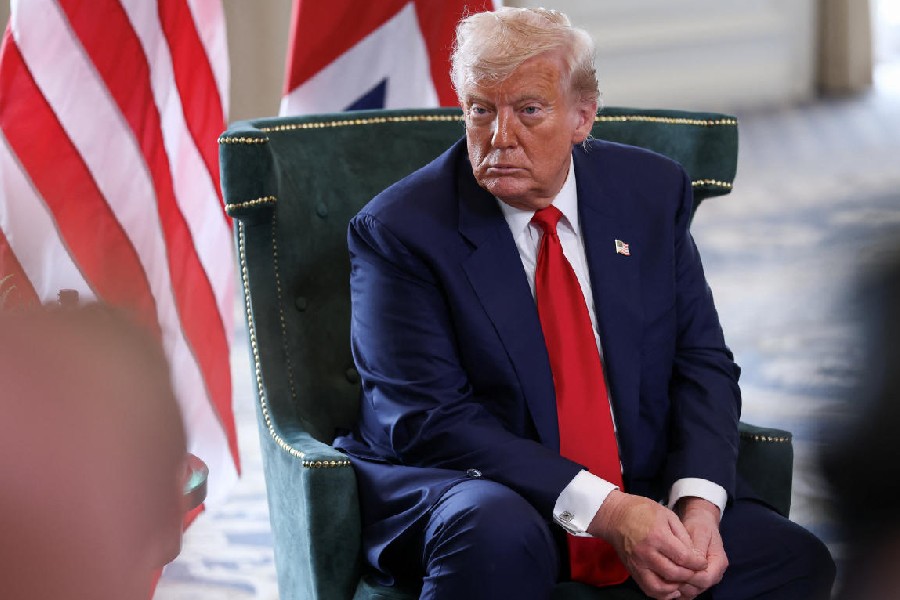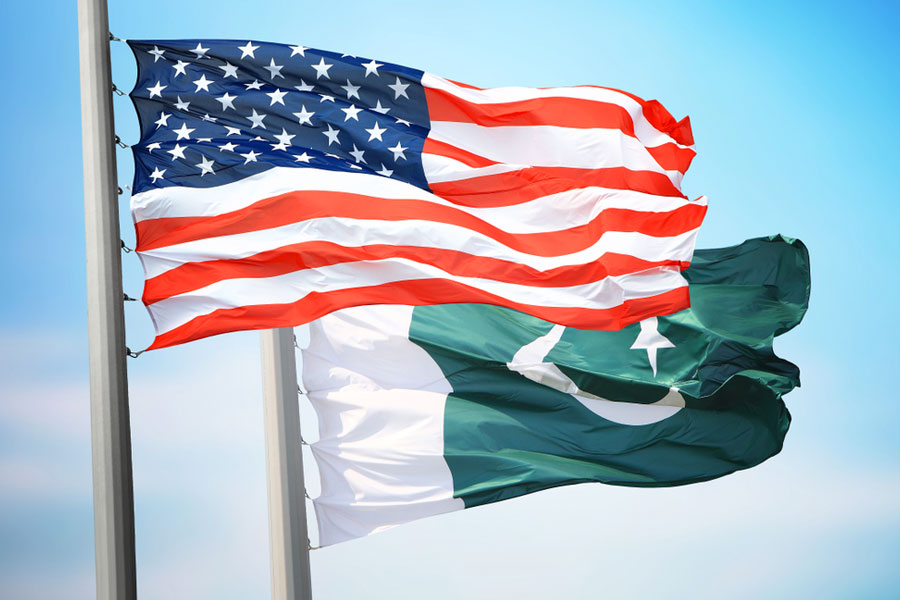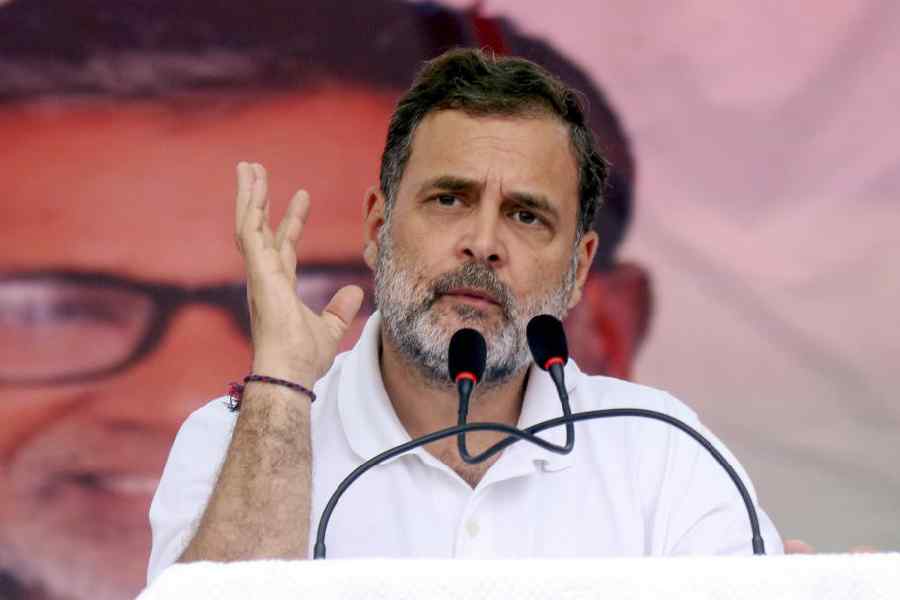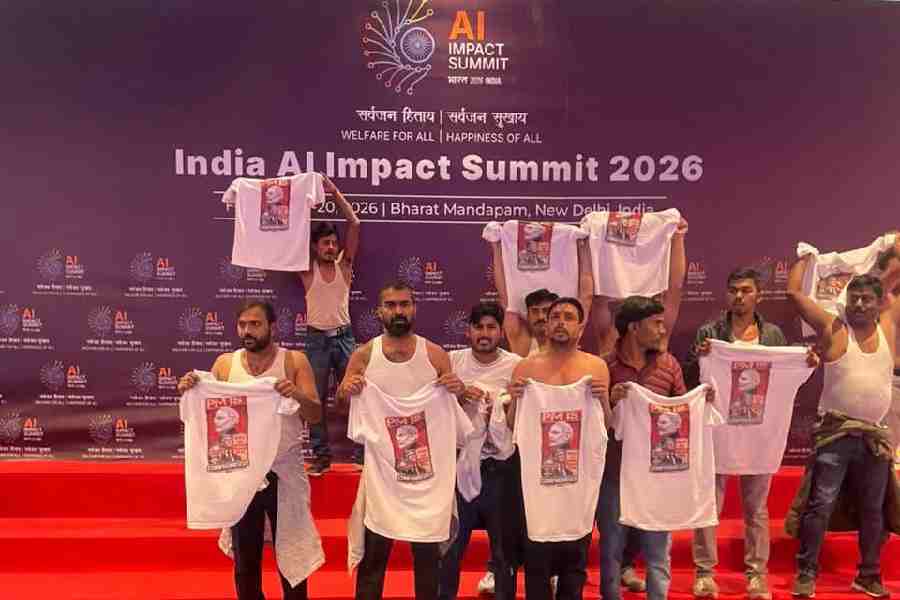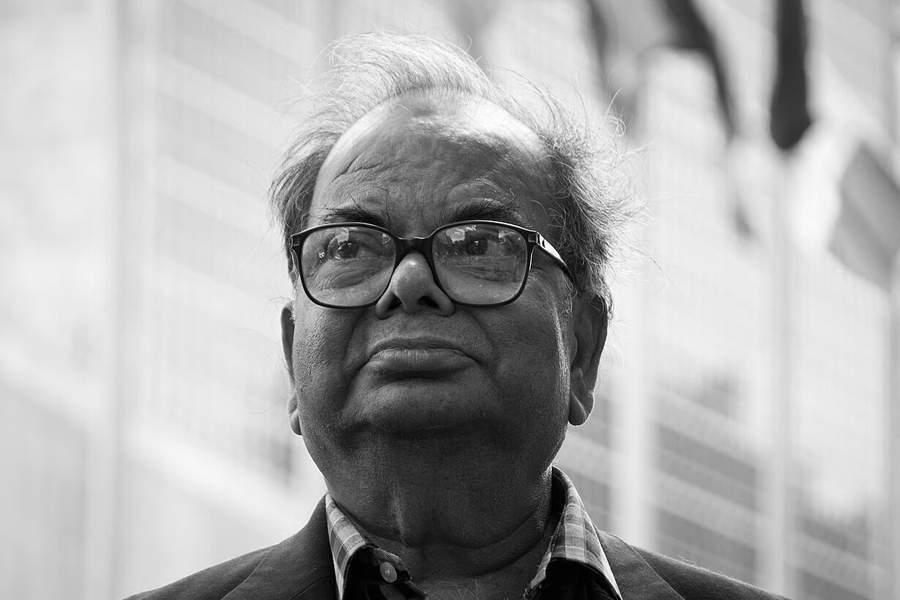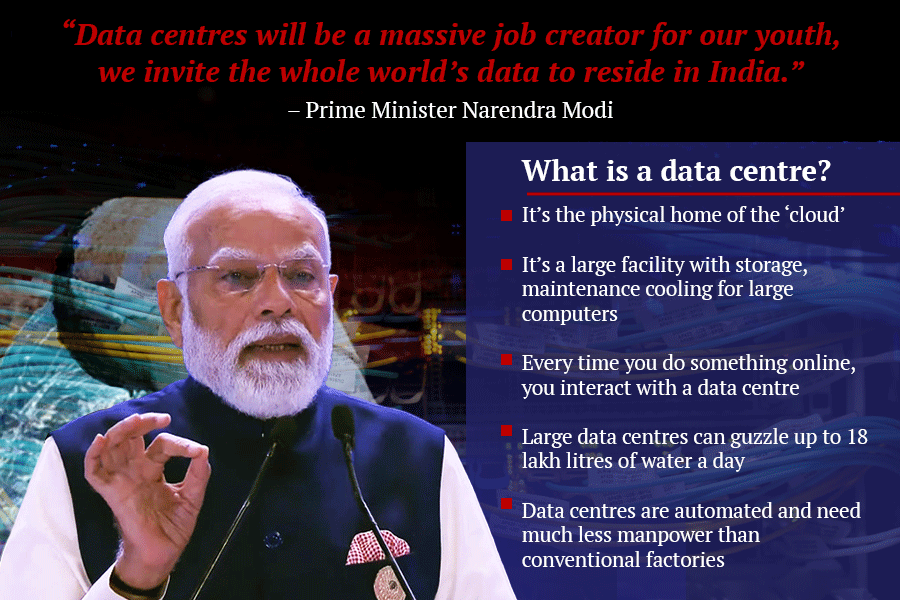US President Donald Trump has once again lashed out at India over trade issues, claiming the US does "very little business" with the country and criticising its high tariffs.
In a post on Truth Social, Trump said, "I don’t care what India does with Russia. They can take their dead economies down together, for all I care. We have done very little business with India, their Tariffs are too high, among the highest in the World. Likewise, Russia and the USA do almost no business together. Let’s keep it that way, and tell Medvedev, the failed former President of Russia, who thinks he’s still President, to watch his words. He’s entering very dangerous territory!"
This latest statement follows Trump's announcement of a 25% tariff on Indian imports, set to take effect Friday. While speaking at the White House, Trump hinted at the possibility of further negotiation, saying, "They have one of the highest tariffs in the world now, they're willing to cut it very substantially. We're talking to India now — we'll see what happens ... You'll know by the end of this week."
Trump has repeatedly accused India of maintaining some of the highest tariffs globally, especially on agricultural products. According to the US administration, India imposes nearly 39% average tariffs on agricultural imports, with even steeper rates on items like vegetable oils (45%), apples, and corn (around 50%).
In another post, Trump wrote, "While India is our friend, we have, over the years, done relatively little business with them because their Tariffs are far too high, among the highest in the World, and they have the most strenuous and obnoxious non-monetary Trade Barriers of any Country."
He also criticised India’s continued reliance on Russian military and energy imports, saying, "They have always bought a vast majority of their military equipment from Russia, and are Russia’s largest buyer of ENERGY, along with China, at a time when everyone wants Russia to STOP THE KILLING IN UKRAINE — ALL THINGS NOT GOOD!"
India responded by reaffirming its commitment to achieving a fair trade agreement with the US. "India and the U.S. have been engaged in negotiations on concluding a fair, balanced and mutually beneficial bilateral trade agreement over the last few months. We remain committed to that objective," the Indian government said in a statement, adding that it was reviewing the implications of the tariff move.
Despite growing diplomatic and economic ties in recent years, the US and India have struggled to resolve disputes over market access, tariffs, and non-tariff barriers. Negotiations have been ongoing, especially over US demands for greater access to India’s agricultural and dairy markets. India, in turn, has stressed the importance of protecting its farmers and small businesses.
"The government will take all steps necessary to secure our national interest, as has been the case with other trade agreements," the Indian statement added.
Trump's decision to impose a 25% tariff on Indian goods — higher than the 15% levied on Japan and the EU, or the 20% for Vietnam — marks a sharp escalation that could derail efforts to grow bilateral trade. The US currently has a $45.7 billion trade deficit with India, whose exports to the US were estimated at $87 billion in 2024. Sectors expected to be hit hardest include textiles, pharmaceuticals, footwear, furniture, and petrochemicals.
"This is a major setback for Indian exporters, especially in sectors like textiles, footwear, and furniture, as the 25% tariff will render them uncompetitive against rivals from Vietnam and China," said S.C. Ralhan, president of the Federation of Indian Export Organisations.
White House economic adviser Kevin Hassett said Trump had grown frustrated with slow progress on trade talks and believed the tariff would accelerate negotiations. Hassett added that more details on additional penalties would be announced "shortly."
Russia remained India’s top oil supplier in the first half of 2025, accounting for 35% of total imports. This energy partnership, along with military deals, has long been a point of tension between India and the West.
The trade tensions come despite earlier promises by Trump and Indian Prime Minister Narendra Modi to finalize a trade deal and grow bilateral commerce to $500 billion by 2030, up from $191 billion in 2024. However, diplomatic ties have cooled in recent years, particularly as India expressed unease over Trump’s warm relations with Pakistan.
"Politically, the relationship is in its toughest spot since the mid-1990s," said Ashok Malik of The Asia Group. "Trust has diminished. President Trump's messaging has damaged many years of careful, bipartisan nurturing of the U.S.-India partnership in both capitals."

